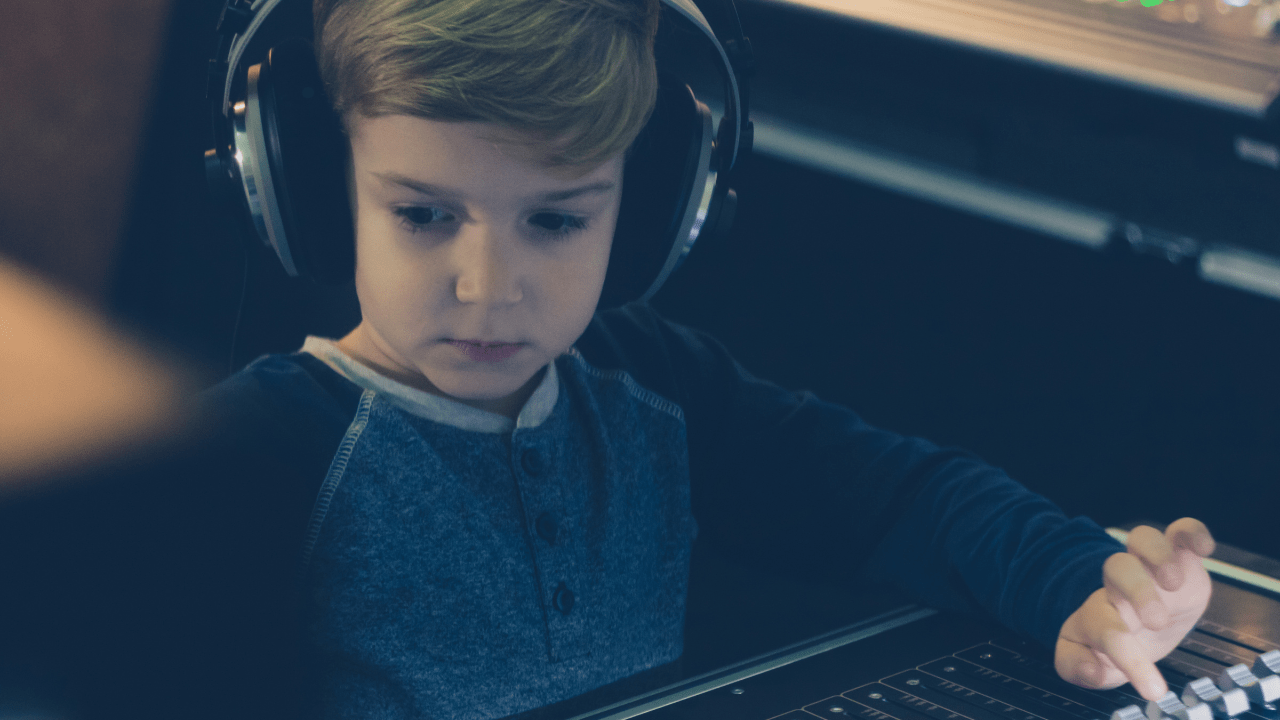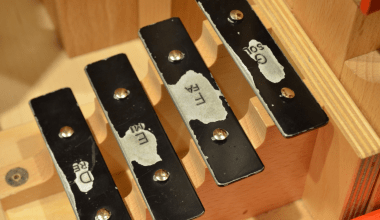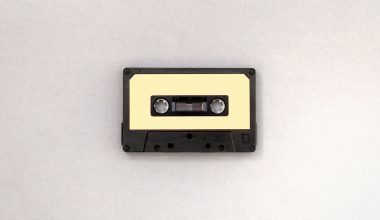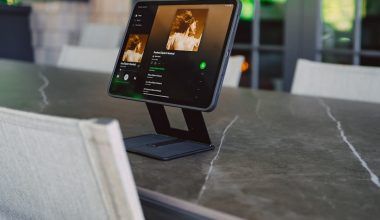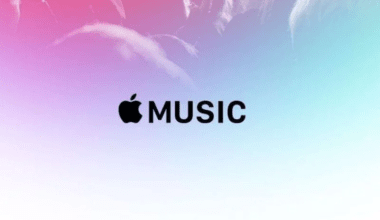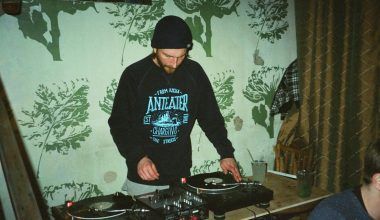Becoming a DJ is an exciting dream for many. Whether you’ve been inspired by watching DJs light up festivals or simply love music, this career allows you to connect with people and share your passion. But where do you start? This guide will help you understand how to become a DJ, learn essential skills, and turn your love for music into a career.
If you’re just starting, don’t worry! This guide is written in simple terms to make your journey to becoming a DJ as easy as possible. Ready? Let’s dive in!
What Does a DJ Do?
A DJ (short for disc jockey) doesn’t just press play on a playlist. DJs are performers who mix tracks live, create seamless transitions, and keep the energy alive at events. They’re responsible for reading the crowd and delivering a great experience. DJs work in various settings, like:
- Clubs and Bars: Keeping partygoers dancing all night.
- Festivals: Performing for huge audiences on big stages.
- Weddings and Events: Creating the perfect atmosphere for special moments.
Why Do People Want to Become DJs?
- Love for Music: DJs are often passionate about sharing their favorite tunes.
- Creativity: It’s a way to express yourself through music.
- Excitement: Performing for a crowd is thrilling!
- Income: A successful DJ can make a great living doing what they love.
If you love music and entertaining people, becoming a DJ might be the perfect career for you.
What Skills Do You Need to Be a DJ?
You don’t need to be a musical genius to start, but some basic skills are essential. Let’s look at the most important ones:
1. Beatmatching
Beatmatching is when you sync the beats of two songs so they blend perfectly. It’s one of the first things every DJ should learn.
2. Understanding Your Equipment
DJs use controllers, mixers, and DJ software to play music. Knowing how to use these tools is key to delivering a great performance.
3. Reading the Crowd
Every audience is different. A good DJ knows how to pick songs that match the energy of the crowd.
4. Music Knowledge
You don’t need to know every song ever made, but having a good understanding of genres and artists helps you build better sets.
What Equipment Do You Need?
If you’re learning how to become a DJ, you’ll need some basic equipment. Let’s break it down:
1. DJ Controllers
A DJ controller is an all-in-one device that helps you mix tracks. Popular beginner options include the Pioneer DDJ-400 and Numark Mixtrack.
2. Mixers
A mixer is used to blend tracks and adjust sound levels. Some controllers come with built-in mixers, making them beginner-friendly.
3. Headphones
Invest in good headphones so you can hear your tracks clearly, even in noisy environments.
4. DJ Software
Software like Serato DJ Lite, Rekordbox, or Traktor helps you organize your music and mix tracks. Many beginner controllers come with free software licenses.
5. Speakers
For practicing at home, you’ll need speakers or monitors to hear how your mix sounds in real time.
Tips for Beginners
- Start with affordable equipment and upgrade as you improve.
- Watch tutorials to learn how to use your gear effectively.
Building Your Music Library
Where to Find Music
To become a DJ, you need a collection of tracks to play. Here’s where you can find great music:
- Beatport: This is a top platform for DJs to buy tracks.
- SoundCloud: Great for discovering new artists and remixes.
- Bandcamp: Another site to find independent artists and unique songs.
- Record Pools: Subscription services like BPM Supreme or DJCity give you access to large music libraries for a monthly fee.
Organizing Your Music
- Create playlists based on genres, moods, or events (e.g., “Chill House” or “High-Energy Party”).
- Tag tracks by tempo (BPM) so you can quickly match songs when mixing.
Learning How to DJ
Becoming a DJ takes practice, but it’s also fun! Here’s how to start:
1. Practice at Home
Dedicate time every day to learning basic skills like beatmatching and transitions.
2. Watch Tutorials
YouTube has tons of free tutorials for beginner DJs. Search for videos on your specific controller or software.
3. Try Online Courses
Websites like Udemy and Skillshare have DJ courses for beginners.
4. Experiment with Genres
Don’t stick to just one style of music. Explore different genres like house, techno, hip-hop, and more. This helps you become more versatile.
How to Get Your First Gig
Once you’ve practiced enough and feel confident, it’s time to play for an audience!
Start Small
- Offer to DJ at house parties or for friends.
- Ask local coffee shops or bars if they’d let you play during off-hours.
Create a Demo Mix
Make a short mix (20–30 minutes) that showcases your skills and style. Share it on platforms like SoundCloud or Mixcloud.
Network
Connect with other DJs and event organizers. Attend local events and introduce yourself to people in the industry.
How to Sell Your Music on Beatport
If you’re interested in producing your own tracks, Beatport is the perfect platform to sell your music. Here’s how:
Produce Your Tracks
Learn music production using software like Ableton Live or FL Studio. Start with simple beats and work your way up.
Partner with a Distributor
To get your music on Beatport, you’ll need a distributor like DistroKid, Label Engine, or Symphonic Distribution.
Promote Your Tracks
Share your releases on social media, include them in your DJ sets, and ask friends to spread the word.
Selling music on Beatport not only earns you money but also helps you build your brand as a DJ and producer.
Tips to Grow Your DJ Career
- Create a Social Media Presence
Share your mixes on Instagram, TikTok, and YouTube. Use these platforms to connect with fans and promote your gigs. - Stay Updated on Trends
Follow popular DJs and listen to new music regularly. This keeps your sets fresh and exciting. - Collaborate with Others
Work with other DJs, producers, or vocalists. Collaboration can lead to new opportunities and help you grow your network.
Overcoming Challenges
Becoming a DJ isn’t always easy, but don’t let challenges stop you. Here’s how to handle common problems:
- Stage Fright: Start small and build confidence by playing for friends and family.
- Equipment Issues: Always carry backups of essential items like USB drives, headphones, and cables.
- Creative Blocks: Take breaks, listen to new music, or attend live events for inspiration.
Conclusion
Learning how to become a DJ might seem overwhelming at first, but with dedication and practice, anyone can do it. Start by mastering the basics, building your music library, and connecting with others in the industry. And don’t forget to enjoy the process—DJing is all about having fun with music and sharing it with others.
Ready to start your journey? Grab your headphones, fire up your DJ controller, and let the music take over!
Related Articles:
For further reading, explore these related articles:
- How to Become a Successful Music Artist in India in 2024?
- How Vijay Yesudas Grew to Become a Mainstream Artist: Top Songs, Metrics, and Strategies for Success
- How to Become an Independent Singer
- How to Become a Paid Songwriter in 2024: A Comprehensive Guide
For additional resources on music marketing and distribution, visit Deliver My Tune.
